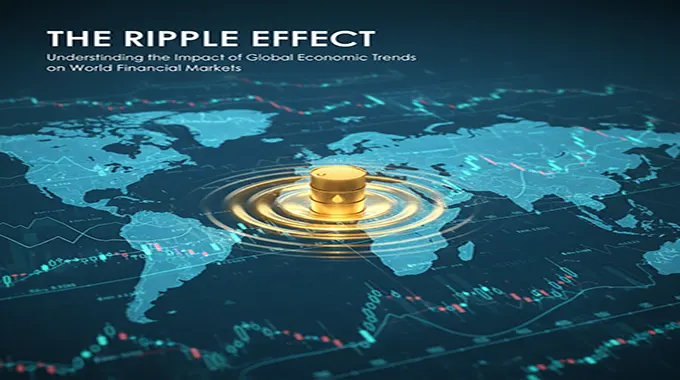The Ripple Effect: Understanding the Impact of Global Economic Trends on World Financial Markets
Global financial markets are profoundly interconnected, meaning that economic shifts and policy decisions in one major region can send ripple effects across the globe. From shifts in monetary policy to geopolitical tensions and evolving trade dynamics, the global economy provides the backdrop against which all financial market activity is judged. Understanding these trends is crucial for investors, businesses, and policymakers navigating the complex world of finance.
1. Monetary Policy: The Interest Rate Conductor
Decisions made by major central banks, particularly the U.S. Federal Reserve (Fed), are arguably the most potent factor influencing world financial markets.
- Interest Rates and Capital Flows: When the Fed raises interest rates, it typically makes U.S. assets (like Treasury bonds) more attractive, leading to a stronger U.S. dollar and drawing capital away from other countries, especially Emerging Markets (EMs). This capital flight can trigger currency depreciation and increase borrowing costs for businesses and governments in














